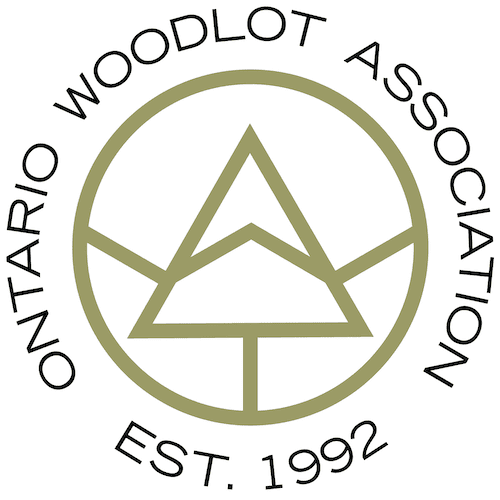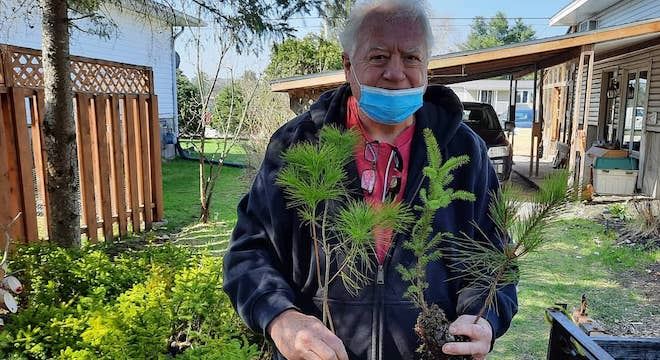- Home
- Member Resources
- Woodland 101
- SEEDS & TREES - CERTIFICATION OF SEED SOURCE
Seeds & Trees |
Certification of Seed SourceAs a consumer, landowners can observe stock quality (size and health) at the time of purchase. However, genetic quality is not visible in seedlings. Currently, the genetic quality of seed source is a matter of trust between the consumer and the grower. The Forest Gene Conservation Association (FCGA) is offering consumers the choice of a certified product to help them get the most appropriate stock for their planting projects. Certifying the seed source for seedlings is a relatively new concept in Ontario. It was initiated by the FGCA in 2000, after the government system of control over seed source was lost with the cancellation of the provincial nursery program. As a landowner and consumer, you should become more familiar with this initiative and its benefits. After all, it is in your best interest to ensure you have the opportunity to purchase the most appropriate stock for your planting project. Here is a brief synopsis of the five Ws – who, what, when, where and why – of certifying seed collectors, seed processors and nurseries in Ontario. What is certification?Certification is a system of training, inspection and auditing of the people involved in reforestation, from the seed collectors to seed processors to growers. It is also a system of documenting, registering and tracking the seed from the forest stand, to the seed processor, to the seedling. If everything is in compliance with the prescribed standards, then the people and the product would be certified. Who has developed standards?In southcentral Ontario, the Forest Gene Conservation Association has developed a voluntary certification standard called Ontario's Natural Selections for seed and seedlings of native woody plant species. Seed and seedlings sold under its label are certified by the FGCA to be from the source identified on the label. The standard was developed based on those used by other recognized jurisdictions, such as the American State seed certification agencies and the US Department of Agriculture. What is the purpose of certification?The certification standard is to ensure consumers know the identity of the seed source throughout the collection, handling and distribution process for seed and seedlings of native woody plant species sold in Ontario. With this information consumers can judge which source is more suited to their planting site. Why do we need certification?Forest managers have become increasingly aware that the genetics of a tree is important to maximize growth potential. They have learned that using the right seed source has a positive effect on the long-term economic and ecological success of our planting efforts. In Ontario, the reforestation sector is now largely in the private domain, with no regulation over seed source (unlike on Crown land, where the forest industry must use the Ontario Ministry of Natural Resource and Forestry's tree seed zones to direct their choice of seed and stock). Certification of seed source - from seed to seedling - can help private landowners choose the best seed source for their project. How can I tell if the seedlings are certified?Seed and seedlings that have been certified through the Ontario Natural Selection's program will be labeled with a unique 3-digit/4-digit number combination. This label will be on the tree tag, bag or grower invoice, along with the FGCA phone number. Purchasers can contact the FGCA to check that the source is as the grower has labeled it. Who will be certified?Initially, certification will involve three groups – seed collectors, seed processors and the grower. All three play an important role in the certification process. Eventually, the FGCA hopes to certify a system of high-quality stands of various tree species across south central Ontario. Seed collected from these forest stands will be in a select class, with information available on parent tree performance, not just location. What doesn't certification do?As a consumer, you need to know what certification will not do:
Need more information?For more information on Ontario's Natural Selections program, certification of seed collectors, seed processors and the labeling of certified seedlings, contact the Forest Gene Conservation Association from their web site. |

